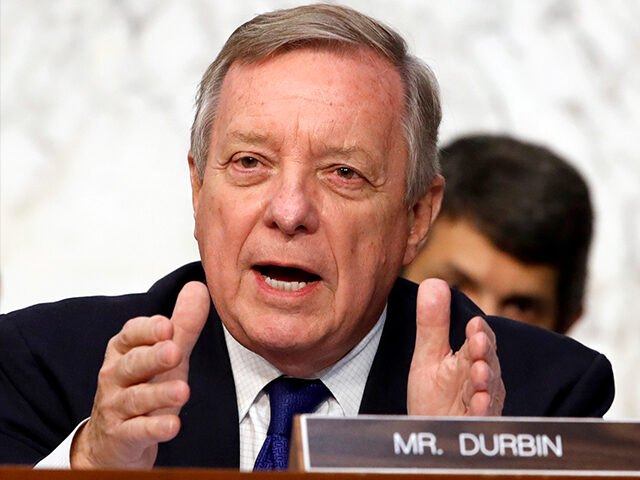The following content is sponsored by the Electronic Payments Coalition.
Over the last ten years you’ve probably noticed a lot of changes in how you pay. Financial institutions have invested billions of dollars in state-of-the-art fraud protection, including the industry-wide shift to EuroPay MasterCard Visa (EMV) chip cards. Upgrading to chip cards has helped prevent billions of dollars in credit card fraud over the past year alone.
It’s also easier to pay. Credit card transactions are incredibly fast for anyone who chooses to tap-to-pay. You can also pay online with businesses both big and small. During the pandemic, restaurants and small businesses were able to offer curb-side pick-up thanks to relatively new electronic payments technology.
This technology is necessary to help keep your financial information safe. Criminals around the globe are working hard to access your payment information; data breaches have increased substantially over the last several decades. Financial services businesses are especially vulnerable and experience up to 300 times more cyber-attacks per year than other firms. Due to the heightened risk, banks and financial firms have invested considerable sums in data security.
Yet all of this is at stake thanks to a new bill being considered in Washington, DC. The “Credit Card Competition Act” introduced by Sen. Durbin (D-IL) this past summer aims to give the Federal Reserve the power to control how payments on credit cards are routed. These new routing mandates on credit cards will shift billions in consumer spending to higher-risk payment networks. Doing so will weaken America’s payment system and put everyday consumers like you at significant risk of fraud. This is because your personal and financial data will be run over foreign, less secure networks.
Big-box stores are pushing for this bill heavily. The likes of Walmart, Target, and Amazon stand to gain hundreds of millions of dollars if they can cut their processing costs by using cheap overseas networks. Unfortunately, they will do this at your expense. Cheaper networks offer little or no credit card rewards and have not invested in 21st century fraud prevention. But big-box stores know they won’t be on the hook if fraud occurs. Your bank or credit union has guaranteed payment to the retailer, and it’s these financial institutions that will be hurt when fraud skyrockets further.
This will especially hurt small credit unions who don’t have the deeper pockets of multinational corporations. Not only will they have to cover the cost of fraudulent purchases, they will also lose revenue as they see the interchange fees they normal get during purchases plummet. Interchange fees are a critical component of America’s current payment infrastructure. By effectively capping them, Congress would put big retailers’ profits before Americans’ financial security. Big-box stores will profit while credit unions and other banks will have a harder time offering low-cost checking, loans to the community, and more.
This bill is bad for a host of reasons. Make sure your senators know at the very least that this will compromise your security and the health of local financial institutions.

COMMENTS
Please let us know if you're having issues with commenting.